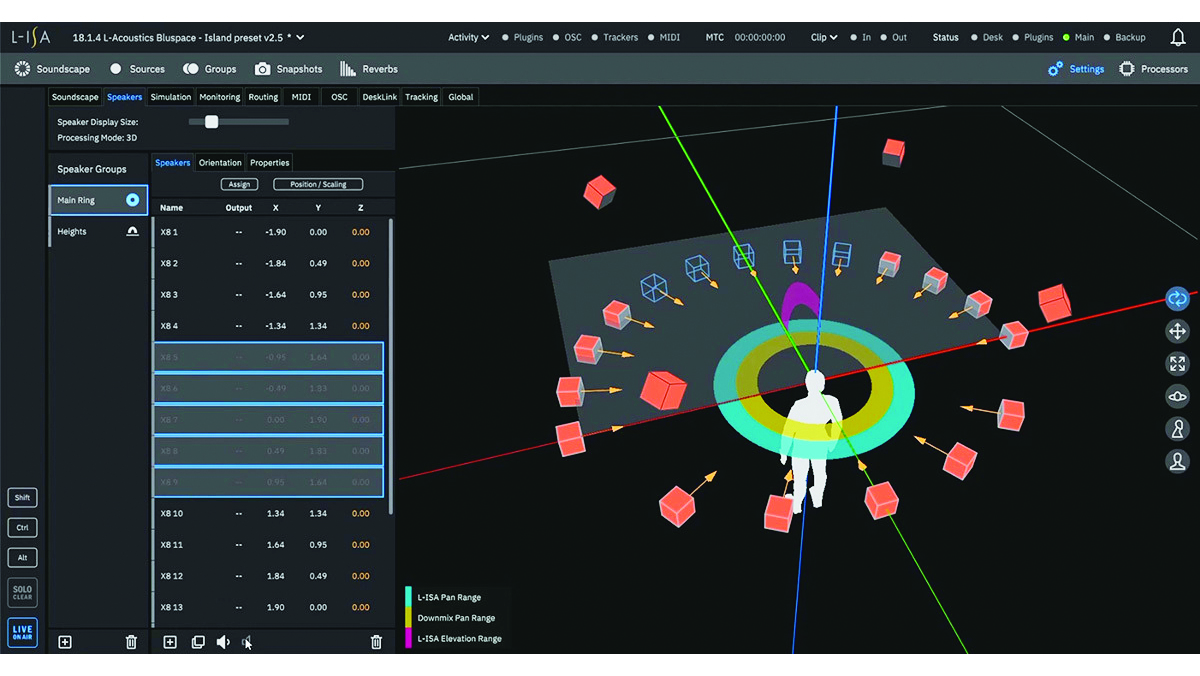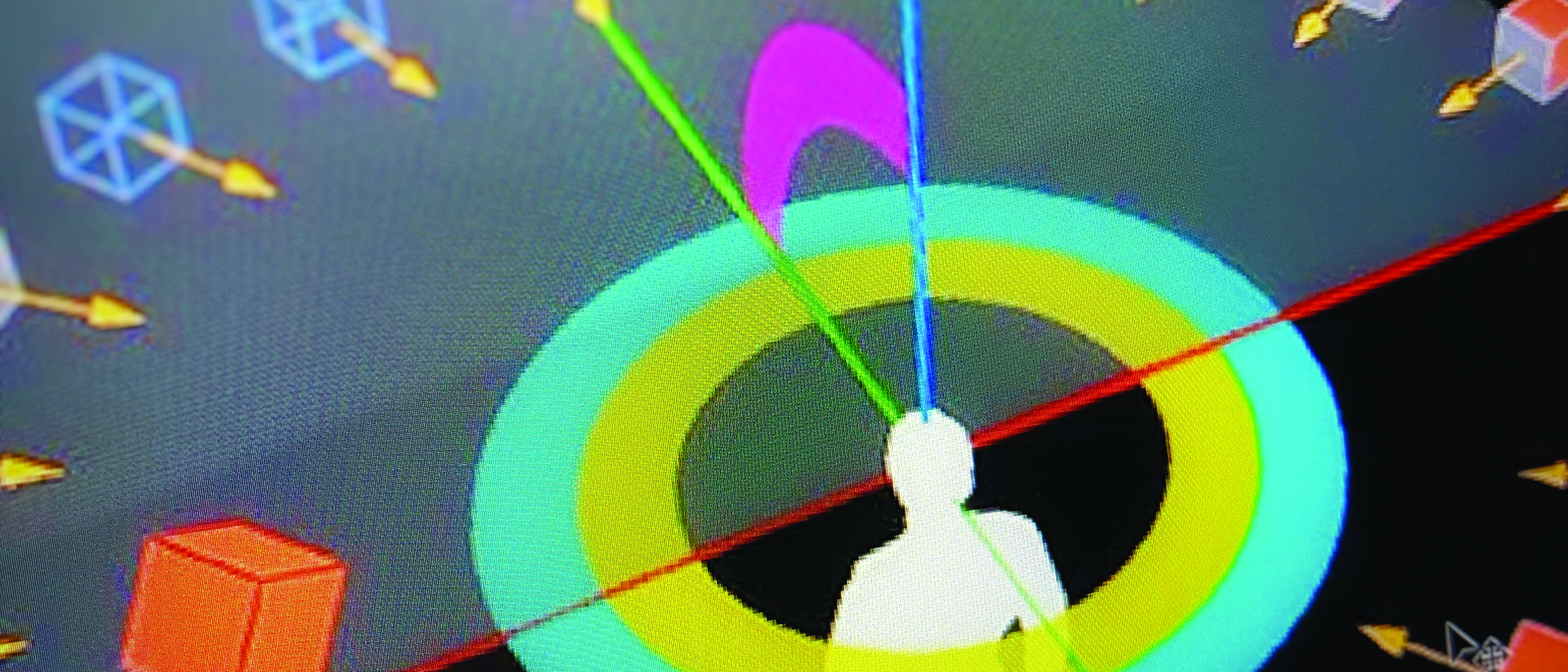MusicRadar Verdict
It’s mind-blowing to experience the placement of audio elements quite so clearly. L-ISA is a surefire hit for spatial audio.
Pros
- +
Easy to work across various output devices.
- +
Works with all major DAWs.
- +
Intuitive workflow.
Cons
- -
A little fiddly at initial setup phase.
MusicRadar's got your back
L-Acoustics L-ISA Studio: What is it?
L-Acoustics’ spatialisation tech has been around for a little while and started with a strong forward foot, but when the likes of Brian Eno and Bon Iver start adopting a technology it makes sense to investigate what the draw is for them.
In essence this tool, under the name L-ISA, is a piece of software that allows the user to place audio elements in space, creating audio experiences for the end user that completely outperform the traditional pair of speakers. L-ISA sits as its own software but can communicate with most DAWs, so no matter where you feel most comfortable you can continue creating the way you have been.
On top of that there is no necessity for extra outboard gear or sound cards, as L-ISA has an audio bridge that deals with the routing of audio through your system. It’s a doddle to set up too, taking just a few clicks to sync your Logic/Ableton/Pro Tools channels with L-ISA. Once that’s done you can easily swap between L-ISA and your DAW to work on your project.

L-Acoustics L-ISA Studio: Performance and verdict
So, what does L-ISA actually do? Well, it allows you to mix your project in a truly immersive way, sending channels to anywhere in space with complete freedom. Consider each element of your project to sit in a room, where you can pick each at will, moving it around until it sits exactly where you want it, as close or as far, in any direction, up and down. It’s basically surround sound on steroids, and is so intuitive that to use it really is like child’s play.
The GUI has a few modes but the magic happens in the 3D view, where the listener is represented in the centre of the space, with the audio surrounding them. Navigating this space is easy, as is moving the audio around. What’s really neat is that you can playback these immersive experiences and mixes from your computer, even with headphones. If you have head-tracking cans, you can sit and move your head to find where in the space you are.
L-ISA must be working some kind of magic behind the scenes as the process of mixing like this is so simplistic. It works equally well for studio recordings as it does for stage shows, or even audio installation pieces, such as Brian Eno’s Garden at the Serpentine Pavilion.
What was already a really engaging process takes things even further by allowing you to create animations for each and every audio object, so your projects can evolve over time. This opens up some possibilities that you may not have considered before. What’s really cool is that the L-ISA DAW plugin (which comes as a VST, AAX, AU and AAXDSP) means you can bring these audio object movements into Logic, for example, and have them recorded and played back, just like other automation tracks.
Want all the hottest music and gear news, reviews, deals, features and more, direct to your inbox? Sign up here.
L-Acoustics produces some exceptional audio tools, both hardware and software but we have to say, working with this latest version of L-ISA is a real joy. Being inspired by a tool is a rare pleasure. It’s lovely to have a tool work with you, rather than it being a battle, so kudos to L-Acoustics for delivering such fantastic results with such a minimal learning curve.
MusicRadar verdict: It’s mind-blowing to experience the placement of audio elements quite so clearly. L-ISA is a surefire hit for spatial audio.
L-Acoustics L-ISA Studio: The web says
"The creative possibilities here are deep, hugely worth exploring and offer a glimpse into our future listening habits. L-ISA is stunning, educational and well worth the free demo period to explore."
MusicTech
L-Acoustics L-ISA Studio: Hands-on demos
L-Acoustics
L-Acoustics L-ISA Studio: Specifications
- KEY FEATURES: Hyperreal sound, Binaural, 5.1, Atmos support and more. Audio bridge removing need for external sound card. Object based audio.
- PRICING: Enterprise monthly – €79, Enterprise annual – €790; Individual monthly – €29, Individual annual – €290; Free forever – limited feature set.
- CONTACT: L-Acoustics


